SUMMARY
This is AI generated summarization, which may have errors. For context, always refer to the full article.
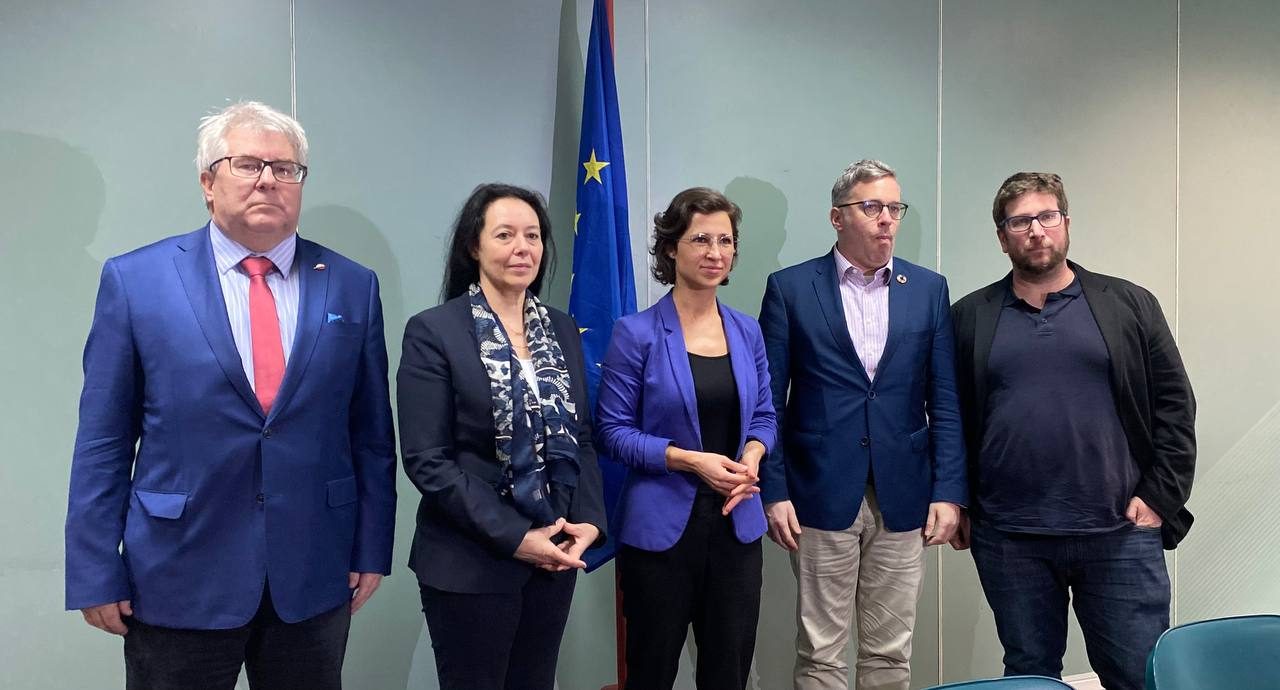
MANILA, Philippines – Releasing detained opposition leader and former senator Leila de Lima and returning to the International Criminal Court (ICC) would be strong indications that the Philippines would want to continue its privileges granted by the Generalized Scheme of Preferences Plus (GSP+), the European Parliament said.
“Releasing Senator Leila de Lima and dropping the bogus charges, as well as returning to the ICC would be of course a strong sign in which direction the country wants to move. That is absolutely in line with what we’ve learned from GSP+ the Code of Conduct countries,” Hannah Neumann, a member of the European Parliament, said during their briefing on Friday, February 24.
Neumann’s remarks were made in response to the question on whether their delegation’s observation on the human rights situation in the country would affect the Philippines’ standing at the GSP+. By the end of the year, the Philippines’ European Union (EU) tariff perks will expire and the Marcos administration would have to negotiate for its renewal.
Among the privileges the Philippines enjoys are duty-free entry for 6,200 local products, which include fruits, animals, and vegetable fat, textiles, and even metals. However, under Marcos’ predecessor, Rodrigo Duterte, the Philippines and EU’s relationship turned sour due to human rights issues.
Under Duterte, De Lima was arrested and detained in 2017 for drug-related charges. One of Duterte’s most vocal critics, she was accused of allegedly enabling the drug trade in the national penitentiary to fund her 2016 senatorial run. February 24 marks her 6th year in detention.
During the briefing, Neumann reiterated their call on the Philippine government to drop all the charges against De Lima.
“The Members also visited former Senator De Lima in prison on the eve of the sixth anniversary of her arbitrary detention. They reiterated the Parliament’s call for her immediate and unconditional release and the dropping of all the remaining charges against her, and expressed the same request as concerns all other political prisoners,” Neumann said.
Meanwhile, also under Duterte, the Philippines withdrew from the ICC amid its initial probe into drug war killings under Duterte. The former president is at the center of the probe due to the thousands killed under the drug war and the killings under the so-called Davao Death Squad.
The briefing capped off the European lawmakers’ visit to the country, where they met with local government officials and visited De Lima at the Philippine National Police Custodial Center in Camp Crame. Human rights was at the center of the visit because the delegation were from the EU parliament’s subcommittee on human rights, which sought to strengthen the cooperation on human rights and justice sectors.
Killings continue
When asked to give their general impression on the human rights condition in the Philippines, Neumann said “it’s better than it was under [former] president Duterte,” due to some commitments on human rights made by the Marcos administration. However, in the same presser, the EU delegation noted that killings continue even under the new administration.
“However, the delegation was made aware of continuing extra judicial killings, and underscored the importance of investigating each such case and ensuring accountability of perpetrators,” the statement, read by Neumann, stated.
“Members underlined that rejoining by the Philippines of the Rome Statute of the International Criminal Court – to which all member states of the EU are signatories – would reinforce the government’s stated commitment to fighting impunity.”
Neumann added they welcomed the Marcos administration’s commitment to engage in human rights affairs with the international community. The delegation also noted the strong relationship between the EU and the Philippines.
“The Philippines and the EU have been, are, and will be close partners. Both sides share a strong relationship based on people to people contacts, trade, and a joint commitment to adhere to international law – be it in Ukraine or the South Chinese Sea.” – Rappler.com
Add a comment
How does this make you feel?






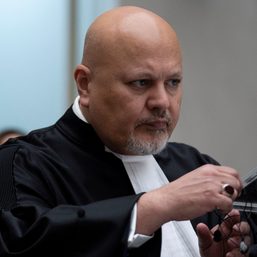
![[The Slingshot] Alden Delvo’s birthday](https://www.rappler.com/tachyon/2024/04/tl-alden-delvo-birthday.jpg?resize=257%2C257&crop=263px%2C0px%2C720px%2C720px)

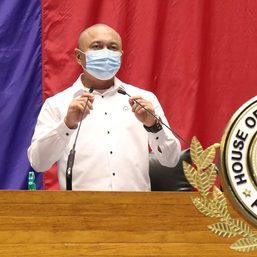

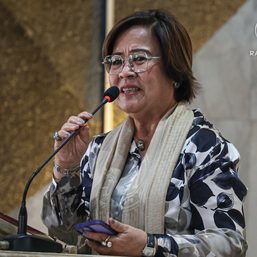
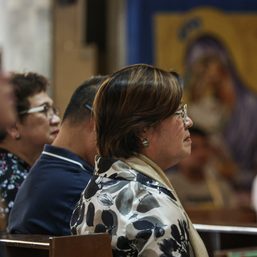
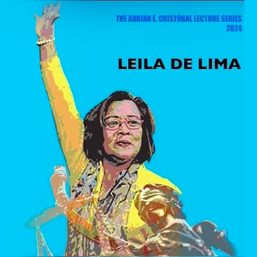
![[EDITORIAL] Justice, Philippine style: Acquitted sa plunder, pero may kabig naman](https://www.rappler.com/tachyon/2024/01/animated-jinggoy-estrada-acquittal-carousel.jpg?resize=257%2C257&crop_strategy=attention)
![[Rappler Investigates] Who’s fooling who?](https://www.rappler.com/tachyon/2024/02/rodrigo-sara-duterte-2019.jpeg?resize=257%2C257&crop=167px%2C0px%2C900px%2C900px)



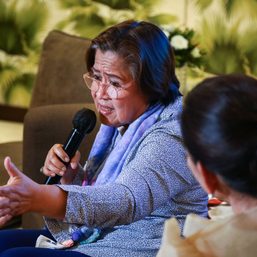
There are no comments yet. Add your comment to start the conversation.